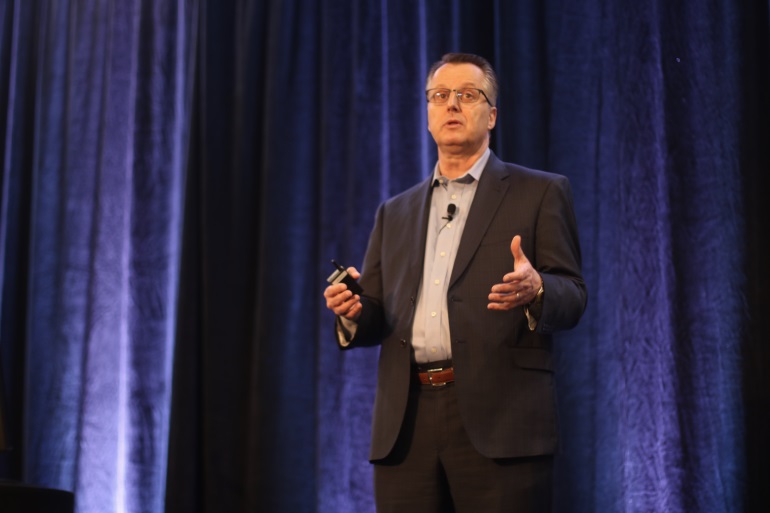Over the past week Earls Restaurants has stirred up commotion between producers and consumers over decisions in beef sources, but the issue may be a larger trend among food companies.
Last week, the Vancouver-based restaurant chain announced it would no longer purchase Canadian beef in favour of Certified Humane meat from the U.S.
After backlash and outrage from Canadian producers and industry, Earls reversed the change on Wednesday saying they "made a mistake."
Company president Mo Jessa says they stand by their decision to offer customers beef that meets specific audited standards for animal care and has never been treated with antibiotics or growth hormones, but he says unfortunately people misunderstood the term Certified Humane — which is a label under the Humane Farm Animal Care organization — getting the impression that beef not a part of this program was somehow being raised inhumanely.
"I want to clear that up," Jessa says, "I want to apologize to everyone that was impacted by it. Certified Humane means that we were looking for certification that validates cattle (have been) raised humanely."
While Earls is working to reverse this situation, this type of messaging is becoming more and more common among food companies, according to Charlie Arnot of the Centre for Food Integrity, a not-for-profit company focused on connecting consumers to food production.
"We've seen a significant increase in what's referred to as absence labeling," Arnot explains. "So 'free-from' either antiobiotics or hormones or GMOs or gluten — you can kind of pick your product and pick your ingredient — but we continue to see a greater move toward absence labeling as a way to indicate that if (a product) doesn't have (a certain ingredient), it must be better for me."
Arnot says this has been successful for marketers to appeal to consumers, although it hasn't been as positive for farmers — but he explains it's not the role of marketers to promote or defend agriculture.
"It's our responsibility (as producers) to really step up to the plate and engage in that conversation. If we want our customers — the food companies — to be supportive of what we do, then we need to do a better job of helping consumers be supportive of what we do," Arnot says.
A&W is another company to use the "free-from" approach in its advertising on many platforms of media, including television, print, and YouTube ads. Arnot says producers shouldn't try to compete against the voices of A&W or Earls, but rather they should focus on creating a mutual understanding.
"We won't be able to compete against our customer, and we don't want to compete against our customer — these are the companies that are actually buying the products from farmers and ranchers," he says. "I think the opportunity is for us to re-frame that question and say, 'How do we help Earls, A&W, and others understand that what we're doing is really aligned with consumers' interest?'"
With the same passion that was exemplified in the backlash against Earls, Arnot says producers need to channel that drive into something beneficial.
"Let's use that passion as a way to engage in this conversation in a constructive way," he says, "rather than looking at our customer as the enemy."




